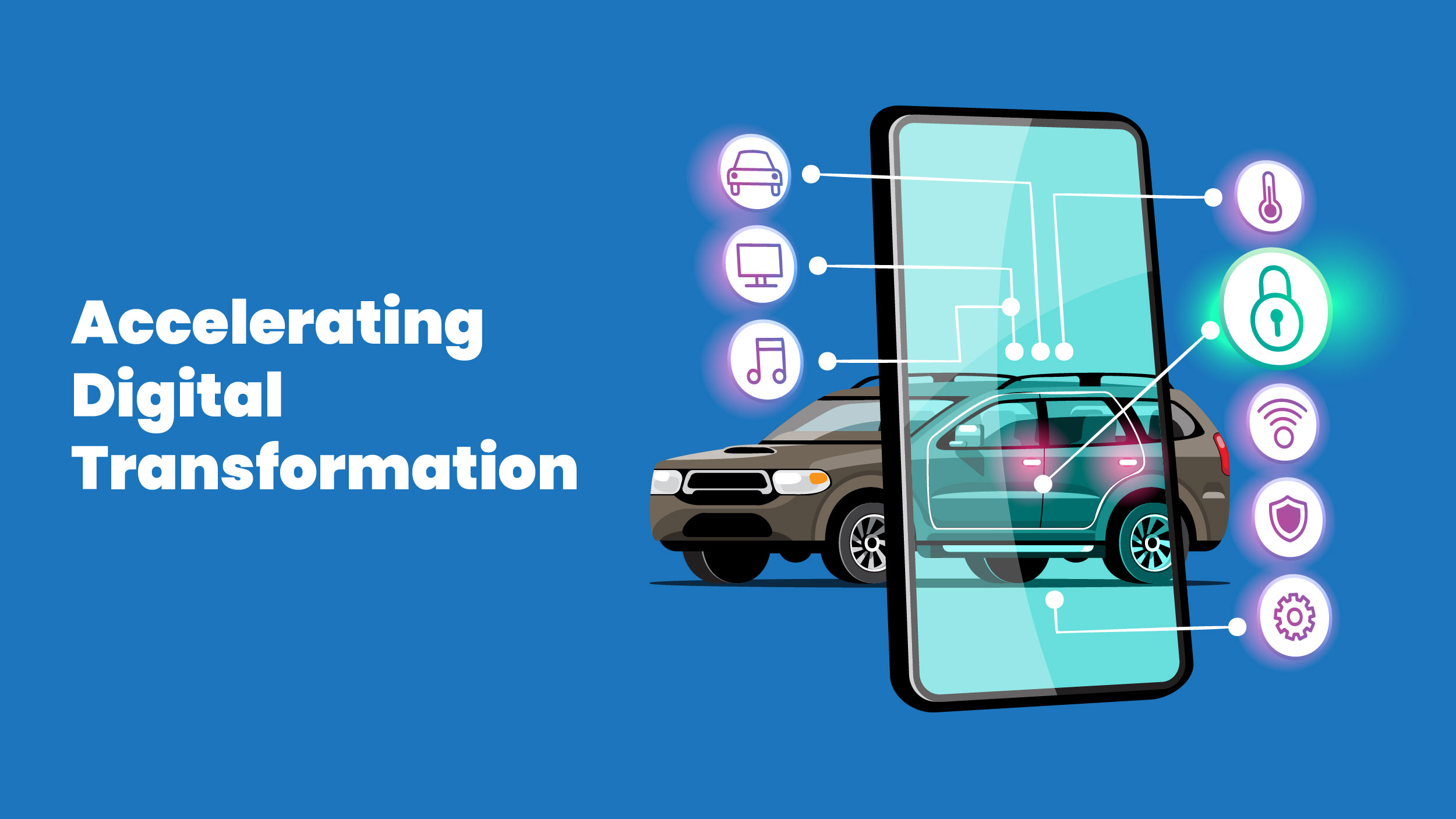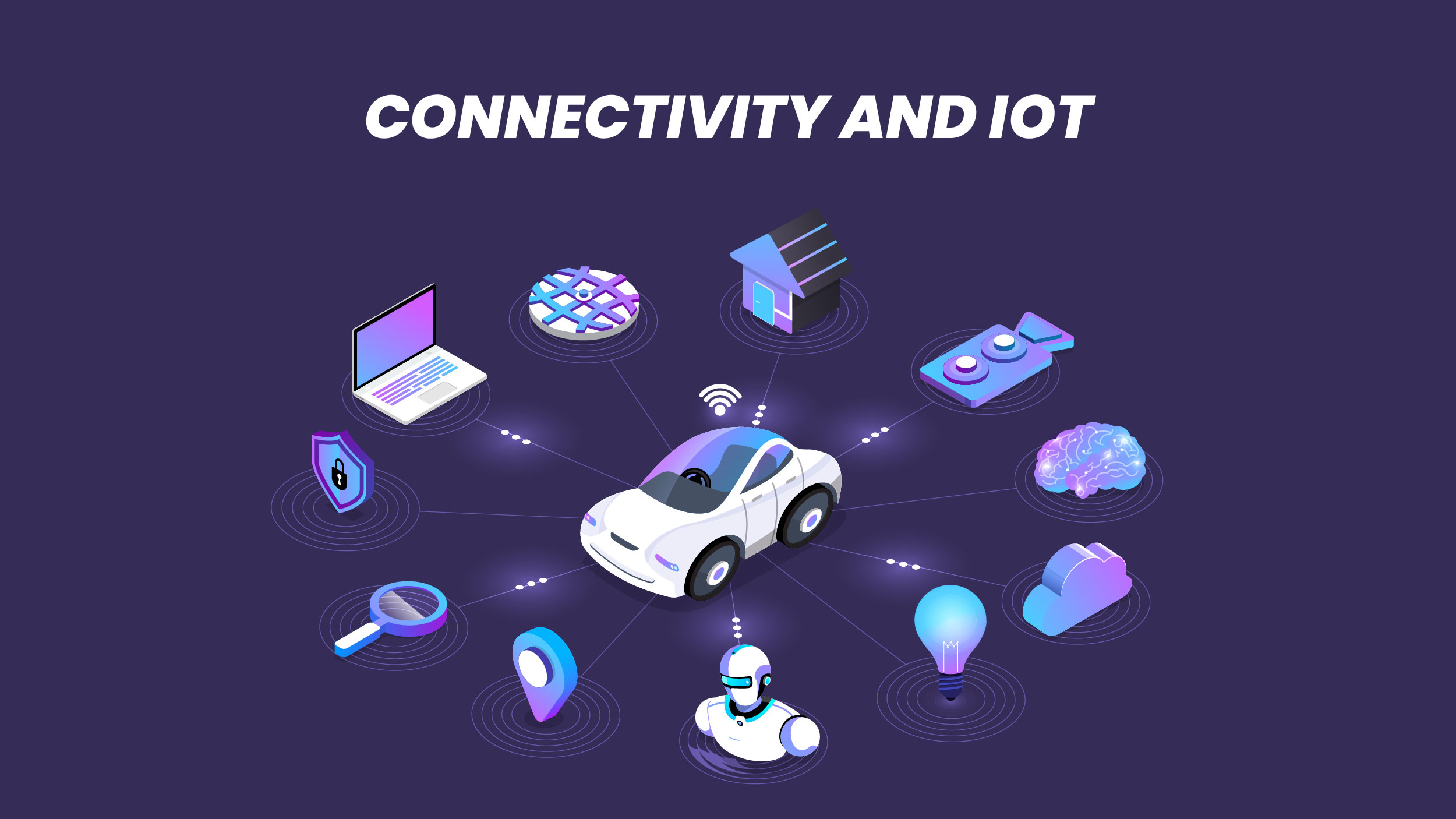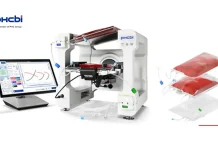The automotive industry’s trends are the latest buzz in the automotive town. The automotive industry has been going through a lot of transformations as it strives to address challenges and evolving market trends. Electrified, leased, driverless, shared ownership, and connected cars have emerged as trends in the automotive industry in the last few years.
Information-centric technologies will play a crucial role in the future of the industry, according to a thorough analysis of trends in the automotive industry for 2022. The industry is now adopting new technologies at a rate never before seen. Newer technologies like the internet of things (IoT) and blockchain, in addition to more established ones like artificial intelligence (AI) and big data and analytics, now have many uses in the automotive industry.
The automotive industry is going to accelerate the production of smarter vehicles. This year, the car industry will be impacted by electrification, connectivity, autonomous driving, and the adoption of new technologies. The socioeconomically crippling coronavirus pandemic affected the Indian automotive industry, but even then it has come out stronger and displayed incredible resilience.
Trends That Will Impact in Automotive Industry
The introduction of technology and widespread digitization have been instrumental in changing the automotive sector. Here are some of the trends that will impact and shape the automotive industry in 2023:
The Rise of Artificial Intelligence
The biggest and most significant automotive industry trend is, without a doubt, artificial intelligence (AI). AI technologies like deep learning, machine learning, and computer vision discover robotic automation applications inside emerging automobile trends. In order to enhance customer driving experiences and collision repair, the industry is vastly integrating AI. For instance, after an accident, users may upload photographs to the app, which then evaluates the damages, obtains various quotations from applicable insurance companies, offers options for body shops to choose from, and provides a planner where customers can book an appointment for repairs.
AI directs autonomous or self-driving vehicles, assists drivers with safety, and improves services like vehicle insurance and inspection. Additional uses for artificial intelligence include production rate, acceleration, and cost-cutting in the automotive industry. The current Generation Z and millennial consumers demand an amazing user experience that is speedy, simple, and accessible; therefore, traditional automakers have no choice but to adapt to the new advancements or risk lagging behind.
The automobile industry’s ardent interest in the advancement of artificial intelligence (AI) is evident in the expenditures made on cutting-edge technologies. The use of AI in the automotive industry goes beyond self-driving capabilities. Advanced driver assistance systems (ADAS), the fusion of edge computing and IoT devices, voice recognition, and other technologies contribute the lion’s share of AI solutions used in the automobile sector.
Accelerating Digital Transformation

Moving ahead with automotive industry trends, it is important to look at the industry’s digital transformation. The automobile industry has experienced the most disruption in the past ten years. A few recent changes in the business include those brought on by electric vehicles, autonomous driving, pollution control, the shared economy, digital-only auto vendors, and shifting consumer demands. The automobile sector needs to be proactive, make investments in the newest and most efficient machinery, tools, and technology, and make sure that their service technicians are properly trained if they want to succeed in 2023.
In the coming years, the automobile industry will continue to develop through new technologies as digital car sales soar. Today’s automobile buyers don’t want to go through the same drawn-out, disorganized procedure that required a ton of documentation in the past. However, the entry of digital businesses has caused the market to become more structured and competent, boosting their customers’ level of confidence and transparency and enabling them to complete transactions more quickly.
The EV Effect!
Electric vehicles (EVs) need to evolve better to address difficulties such as fleet electrification, low batteries, inadequate charging infrastructure, high costs, and supplying renewable energy-based charging grids if they’re to become more widely used. Electric vehicles are highly useful in our lives considering the rate of depletion of fossil fuel reserves and the extent of environmental damage brought about by their use.
EVs are the next big thing in automotive industry trends. EVs are being developed at a rapid pace by companies like Tesla and Toyota, demonstrating their viability as an option. We will witness a surge in automobile brands offering more electric vehicles (EVs) as well as “smarter” cars as consumer demand for more environmentally friendly transportation shifts. Given the increased cost, some governments that desire to see more individuals use these vehicles are providing subsidies as well.
The AV Effect!
Autonomous vehicles (AVs) are probably the biggest disruptive automotive industry trends that will soon take the industry by storm. Autonomous, or simply self-driving, cars reduce the need for human drivers and appear set to revolutionize daily transportation. Fleets of AVs aim to increase the range of last-mile deliveries, decrease downtime, and make public transportation considerably safer. For instance, by reducing accidents happening due to carelessness or due to the driver’s tiredness,
AVs have cutting-edge recognition technology, like computer vision with AI enhancements, to recognize obstructions in their path. These automobiles operate autonomously. They concentrate on the basic goal of removing the need for a human driver and anticipate revolutionizing daily transportation.
The availability of AVs helps to broaden the scope of last-mile deliveries, decreases overall downtime, and strives to transform the idea of transportation into something safe and secure by reducing the number of accidents caused by reckless human drivers. The most recent and cutting-edge technologies are used by AVs, which use AI-enhanced computer vision to detect roadblocks or other obstacles.
Increased acceptance of used cars
Apart from EVs and AVs, used cars are one of the most unique automotive industry trends. In the past ten years, there have been major changes in consumer preferences. Having a vehicle is a lesson that people have learned for life. Additionally, consumers, especially first-time buyers, greatly benefit from the affordability and accessibility of used cars. Used car sales surpassed new car sales substantially in 2021.
It is also projected that this trend will continue in the future. Affordability, the need for personal transportation, and the trust and transparency elements offered by full-stack providers are some of the reasons why the used car industry is gaining so much traction.
Connectivity and IoT

When talking about the biggest trends in the automotive industry, IoT and connectivity play a major role. Connected vehicles share data and internet access with many devices inside and outside the car by using the Internet of Things. Such technology improves the driving experience or can be used for commercial purposes, enabling the incorporation of more complex features like cyber-threat security or emergency braking. A connectivity trend for 2023 is the usage of cellular vehicle-to-everything technology.
They can enable communication between city infrastructure, cloud services, and autonomous vehicles. Cellular vehicle-to-everything technologies are being embraced by urban infrastructure producers, electronic module suppliers, and auto original equipment manufacturers. The technologies are also expected to be used in applications for autonomous vehicles and transportation networks.
In the huge automotive industry, IoT enables secure interactions between vehicles and their infrastructure components. With better fleet management, this technology significantly contributes to enhancing road safety, lowering traffic congestion, mitigating pollution, and conserving energy. Advanced sensing technologies have been developed by start-ups and rising businesses to store vehicle data. Additionally, it gives the car the ability to grasp and analyze its environment. The technology’s ability to automate toll and fuel payments
Improved customer experience
Over the past few years, customer expectations have evolved, and the pandemic has dramatically sped up this process. Customers anticipate engaging with the retail channel digitally as part of the car-buying process. They want a reliable digital resource to fulfill their needs for buying cars. A second category that is becoming more popular online is components and accessories. This generally applies to retailers that purchase aftermarket parts and accessories for resale.
The year 2021 showcased how quickly the customer buying process can change. The automotive industry needs to adapt to the emerging method of shopping and meet customers where they are. If OEMs, captives, and dealers do not keep up with consumer purchasing trends, they run the risk of falling behind.
The digitalization of the buying process has changed the automotive industry, from vehicles to aftermarket components and services. For the automotive industry to succeed and adjust to future changes, it is essential to embrace this new method of shopping. To succeed in a world of decentralized and digital-only engagements, the automotive industry must rethink the model of consumer involvement. It needs to learn more about how digital technologies may enhance stakeholder experiences in the automotive world.
Summing Up
All the trends in the automotive industry will sooner or later bring about the long-awaited revolution in the industry. The automobile industry’s continued growth in 2023 is anticipated to concentrate primarily on manufacturing and selling vehicles with ever-improving capabilities, such as vehicles with greater safety features or that are suited to vegans.
The manufacturing and finesse of electric vehicles, connected vehicles, and autonomous vehicles, as well as the adoption of recent technological developments (such as AVs, cellular vehicle-to-everything technologies, etc.), will maintain their positions this year and in the near future.






